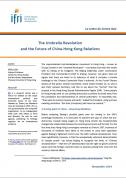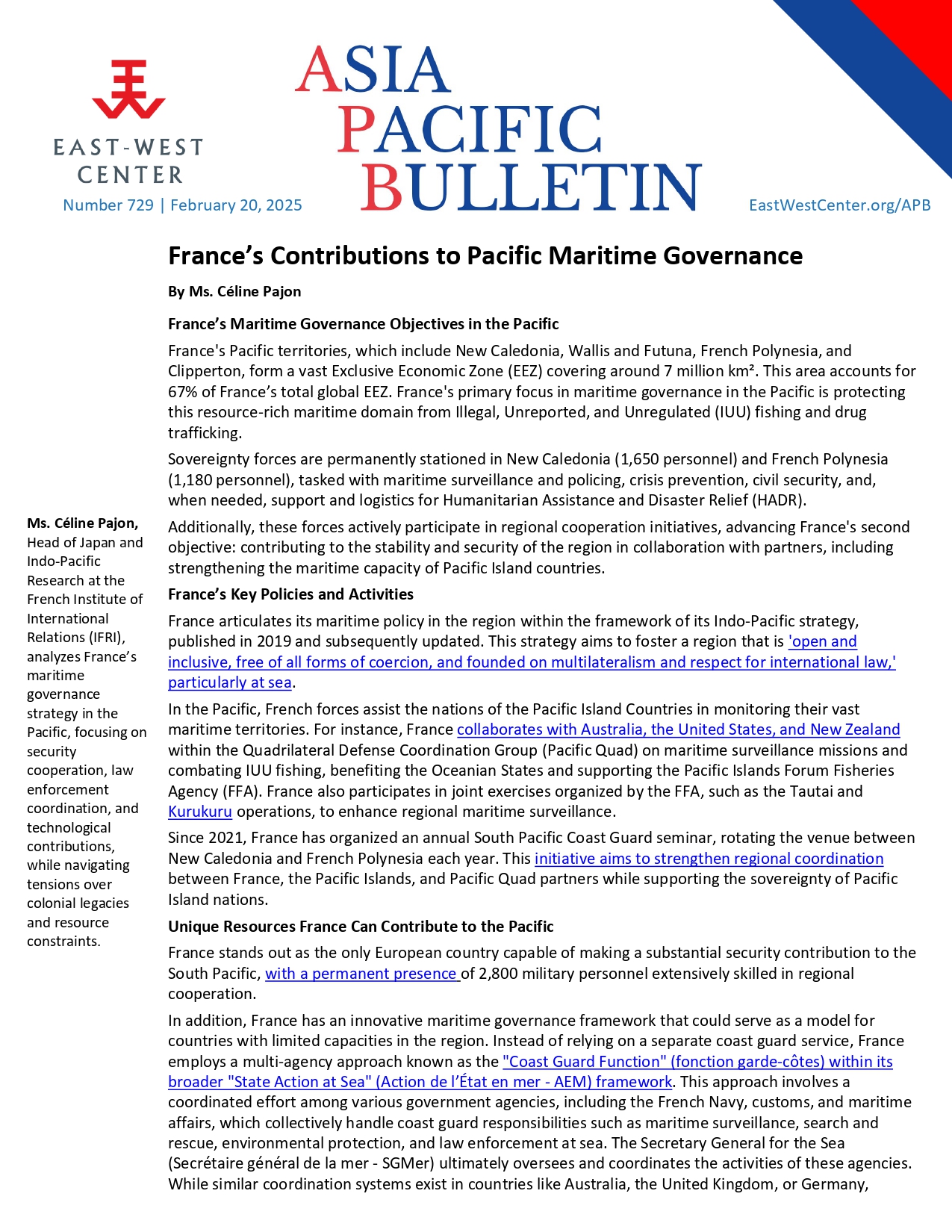The Umbrella Revolution and the Future of China-Hong Kong Relations

In this article, Willy Lam argues that the events of recent weeks represent a turning point in China-Hong Kong relations. The author analyses the multiple facets of the movement in Hong Kong and Beijing's response.
The unprecedented civil-disobedience movement in Hong Kong – known as Occupy Central or the “Umbrella Revolution” – has lasted more than five weeks with no inkling of an endgame. The Beijing leadership under conservative President and Commander-in-Chief Xi Jinping, however, has given clear-cut signals that there are limits to its tolerance of what it considers a frontal challenge to the Chinese Communist Party’s authority.
This is a modified version of an article that originally appeared in the China Brief of the Jamestown Foundation (23 October 2014).
Download the full analysis
This page contains only a summary of our work. If you would like to have access to all the information from our research on the subject, you can download the full version in PDF format.
The Umbrella Revolution and the Future of China-Hong Kong Relations
Related centers and programs
Discover our other research centers and programsFind out more
Discover all our analysesJammu and Kashmir in the Aftermath of August 2019
The abrogation of Article 370, which granted special status to the state of Jammu and Kashmir (J&K), has been on the agenda of the Bharatiya Janata Party (BJP) for many decades.

France’s Contributions to Pacific Maritime Governance
France stands out as the only European country capable of making a substantial security contribution to the South Pacific, with a permanent presence of 2,800 military personnel extensively skilled in regional cooperation.
Unlocking India’s Energy Transition: Addressing Grid Flexibility Challenges and Solutions
India is rapidly scaling up its renewable energy (RE) capacity, adding 15–20 GW annually, but the ambitious goal of 500 GW of non-fossil capacity by 2030 is at risk unless the pace accelerates.

The China-Russia Partnership and the Ukraine War: Aligned but not allied
China and Russia maintain a strategic partnership rooted in shared opposition to the U.S. and liberal democracies, but their relationship is shaped more by pragmatism than trust.









